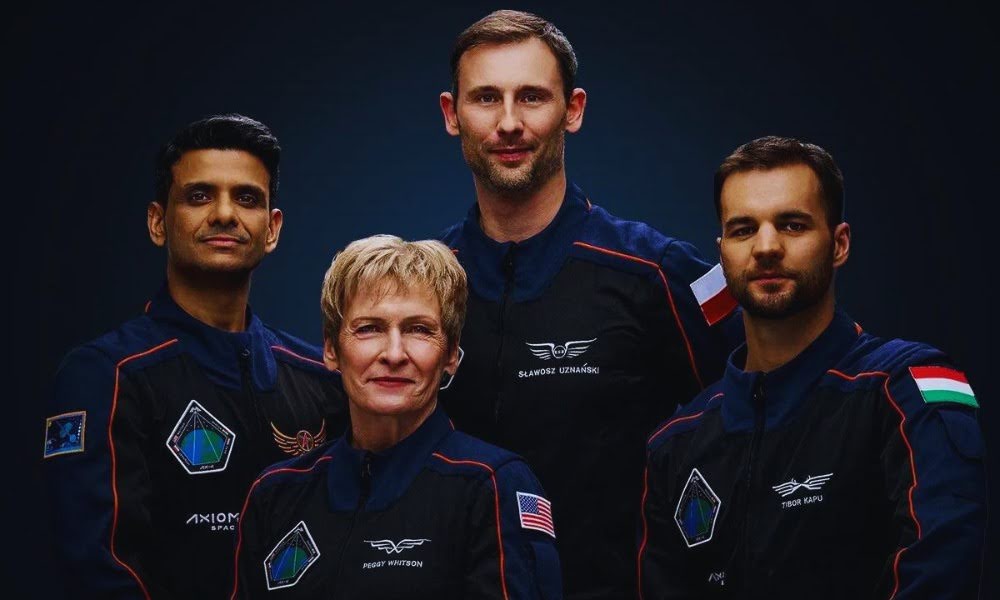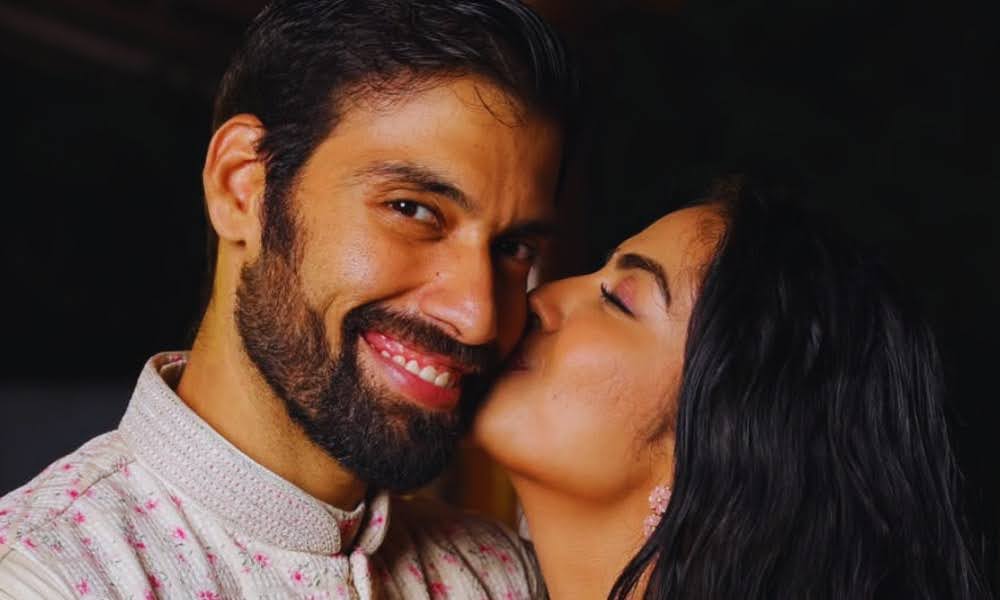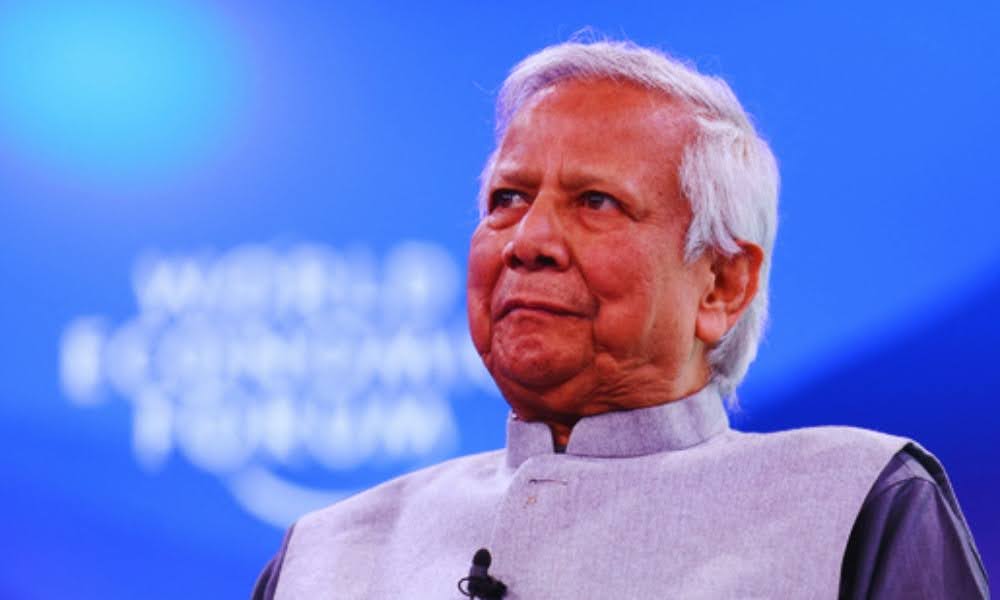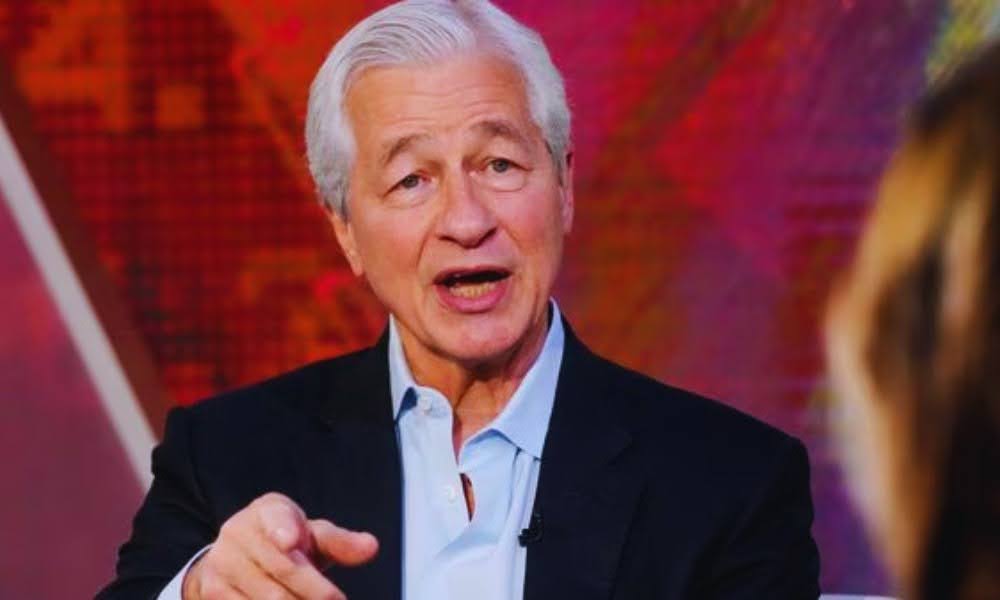Shubhanshu Shukla to Lead Historic SpaceX Mission with NASA’s Dr Peggy Whitson and International Crew

Group Captain Shubhanshu Shukla of the Indian Air Force will make history as the first individual from Lucknow to travel to space.
His journey is part of Axiom Space’s fourth commercial mission to the International Space Station (ISS), which will launch aboard SpaceX’s Falcon-9 rocket from Kennedy Space Centre, Florida.
Launch Postponed Due to Weather
Originally scheduled for June 10, the launch was delayed by a day owing to adverse weather conditions. The Indian Space Research Organisation (ISRO) announced the rescheduled launch for June 11 at 5:30 pm IST (8 am EST).
Family’s Pride and Support
Shukla’s parents, Asha and Shambhu Dayal Shukla, who live in Triveni Nagar, Lucknow, expressed their pride.
“It’s a proud moment for the family. First, he got selected into NDA, the Air Force, and ISRO. All these happened one after the other,” they said. His father added, “We are praying for the success of the mission which our son is leading and which holds enormous importance for the country.”
His elder sister, Shuchi Misra, said, “We are eagerly looking forward to the launch. Shux is incredibly focused yet brimming with joy.”
City Celebration and Public Engagement
Before the postponement news broke, Shukla’s former school had planned a grand public watch party to mark the launch.
The event was shifted to Wednesday. Several hoardings congratulating the 39-year-old pilot have appeared throughout the city.
Crew Members and Mission Objective
Shukla will pilot the SpaceX Crew Dragon along with NASA veteran Dr Peggy Whitson and crewmates from Poland and Hungary for a 14-day research flight.
He will be the second Indian to enter space, following Rakesh Sharma’s 1984 Soyuz mission. In March 2024, Shukla was also among four selected for ISRO’s Gaganyaan Mission.
Motivation and Training
In a 2024 interview, Shukla had said, “Venturing into the unknown comes with the domain knowledge of being a test pilot.” He shared that curiosity drove him to apply for the mission.
The feeling of being selected only sank in during training in Russia. While he expressed no apprehension, he noted, “Harbouring a little bit of anxiety is only sensible as it helps one to introspect.”
Astronomer on Shukla’s Mission Role
Astronomer and Professor RC Kapoor highlighted that the Axiom-4 mission will carry “a very special astronaut.”
He shared with ANI that Shukla will conduct seven of the 60 experiments planned aboard the ISS. “This space station has been there since 1998, and it is the first time that there is Indian participation,” Kapoor said.
Global Participation in Axiom-4
Alongside Shukla, the mission includes astronauts from Poland and Hungary. Poland’s Slawosz Uznanski and Hungary’s Tibor Kapu will each become their nation’s second astronaut.
Veteran American astronaut Peggy Whitson, who holds the record for the longest cumulative time in space by an American, will command the mission.
Historical Context: Pilots in Space
Shukla’s journey continues a tradition of pilots being selected as astronauts. Like Rakesh Sharma, he is a test pilot from the Indian Air Force.
Past astronauts like Sunita Williams (US Navy) and Kalpana Chawla (civilian pilot) also had aviation training. The trend began with Yuri Gagarin and Alan Shepard, both trained pilots.
Pilots bring a unique combination of technical skill, decision-making under pressure, and physical endurance.
During Apollo 11, Neil Armstrong manually landed the lunar module using skills honed as a fighter pilot. Buzz Aldrin’s quick thinking with a felt-tip pen saved their ascent from the Moon.
Fighter pilots are trained to withstand extreme G-forces. This was evident in 2018 when a booster failure on the Soyuz MS-10 led to a ballistic re-entry. Pilot-cosmonaut Aleksey Ovchinin and NASA astronaut Nick Hague landed safely due to their training.
Expanding the Definition of an Astronaut
Today, not all astronauts are pilots. With evolving space mission goals, scientists, doctors, engineers, and even teachers have ventured into space.
About 40% of astronauts now come from non-flying backgrounds. Mission specialists focus on experiments, instruments, and mission support.
While pilot skills remain valuable, space is now accessible to people with diverse expertise, including billionaires, artists, and educators. Yet, the pilot’s ability to manage complex systems and act under pressure continues to be invaluable in space travel.








